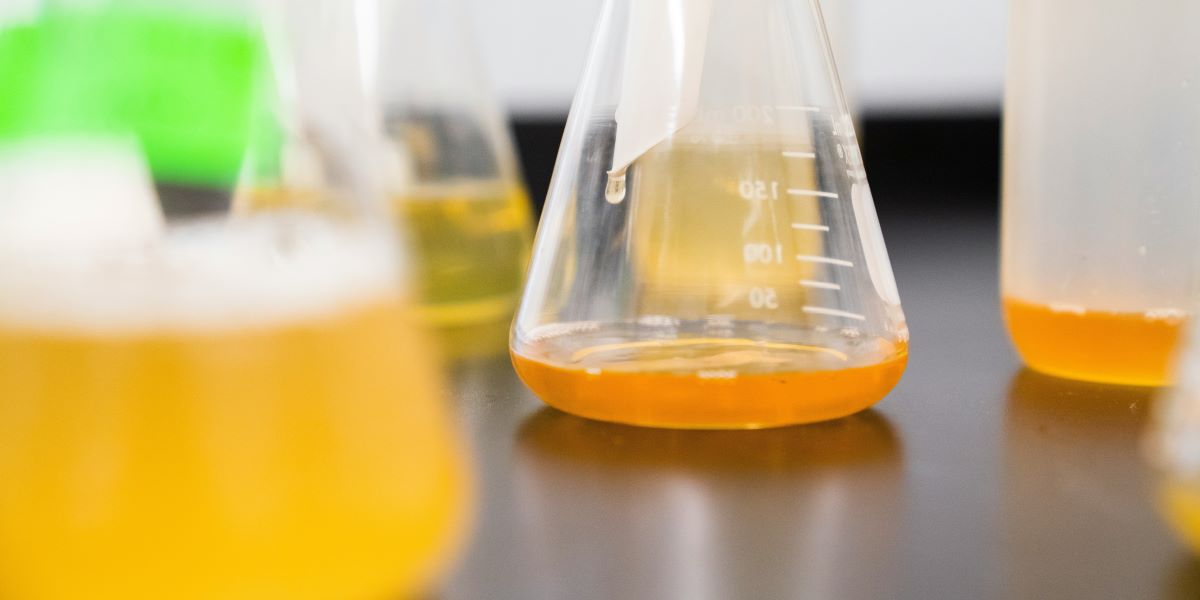By: Clara Williams
Phytochemicals are naturally occurring compounds found in plants that may have various biological activities and potential health benefits. These compounds include flavonoids, alkaloids, tannins, terpenes, polyphenols, and many others. Scientists and researchers investigate phytochemicals for their potential therapeutic properties, including antioxidant, anti-inflammatory, and antimicrobial effects. However, when studying these compounds, it is crucial to use standardized references to ensure accuracy and reliability in research and development.
This is where phytochemical references come into play. These references serve as standardized substances used for comparison, identification, and quantification of phytochemicals in various applications, such as pharmaceutical research, quality control, and herbal medicine.
Importance of Phytochemical References
Phytochemical reference standards are critical in several scientific and industrial applications. They contribute to ensuring accuracy in the following areas:
1. Pharmaceutical and Medicinal Research
Phytochemicals are widely explored for their medicinal properties. Many drugs originate from plant-based compounds, such as aspirin (from willow bark) and quinine (from cinchona bark). Researchers use phytochemical reference standards to validate the presence and concentration of active compounds in natural extracts. This helps ensure that formulations are both reliable and meet safety requirements for medical use.
One commonly used standard in flavonoid research is the rutin standard, which plays a key role in studying antioxidant and vascular health benefits.
2. Quality Control in Herbal and Nutritional Supplements
The herbal supplement industry relies on phytochemical references to help maintain consistency in product composition. Since plant extracts can vary based on growing conditions, harvesting methods, and extraction techniques, manufacturers use reference standards to assess whether their products contain the correct phytochemical profile. This aids in verifying label claims and meeting regulatory requirements.
3. Analytical and Chemical Testing
Advanced analytical techniques, such as High-Performance Liquid Chromatography (HPLC), Gas Chromatography (GC), and Mass Spectrometry (MS), require phytochemical reference standards for accurate identification of compounds. These references serve as benchmarks for comparing retention times, spectra, and molecular structures, helping to ensure precise results in laboratory analyses.
4. Food and Beverage Industry
Phytochemicals contribute to the flavor, color, and nutritional value of foods and beverages. For instance, polyphenols in tea and wine may provide antioxidant properties, while carotenoids in fruits are responsible for their color. Reference standards help food scientists determine the approximate phytochemical content in products, supporting quality control and consistency in flavor and health benefits.
Types of Phytochemical References
Phytochemical reference standards can be categorized into different types based on their origin and usage:
- Primary Reference Standards – These are highly purified compounds with well-characterized chemical structures and properties. They are typically used for calibration in analytical testing.
- Secondary Reference Standards – These originate from primary standards and are used in routine laboratory testing where primary references may not be necessary.
- In-House Reference Standards – Some research institutions and companies develop their own reference materials for internal use, especially when commercial standards are unavailable or not yet established.
Challenges in Phytochemical Standardization
Despite their importance, standardizing phytochemicals presents several challenges:
- Complexity of Plant Extracts – Plants contain hundreds of different phytochemicals, making the process of isolating and characterizing each compound highly complex.
- Variability in Natural Sources – Environmental factors, such as soil composition, climate, and harvesting time, can influence the phytochemical content of plants, leading to variations in results.
- Regulatory Differences – Different countries have distinct standards for herbal medicine and phytochemical reference materials, making global harmonization a continuing challenge.
Summary
Phytochemical references serve as essential tools in scientific research, pharmaceuticals, and quality control. They offer a standardized approach to identifying and quantifying plant-based compounds, contributing to safety and efficacy in various industries. As interest in natural health products and herbal medicine continues to expand, the need for reliable phytochemical references remains crucial in advancing research and innovation.
Organizations such as Extrasynthèse, along with others like Sigma-Aldrich and USP, provide high-quality phytochemical reference materials to support these efforts, ensuring that researchers and manufacturers have access to reliable standards.
Published by Stephanie M.
















